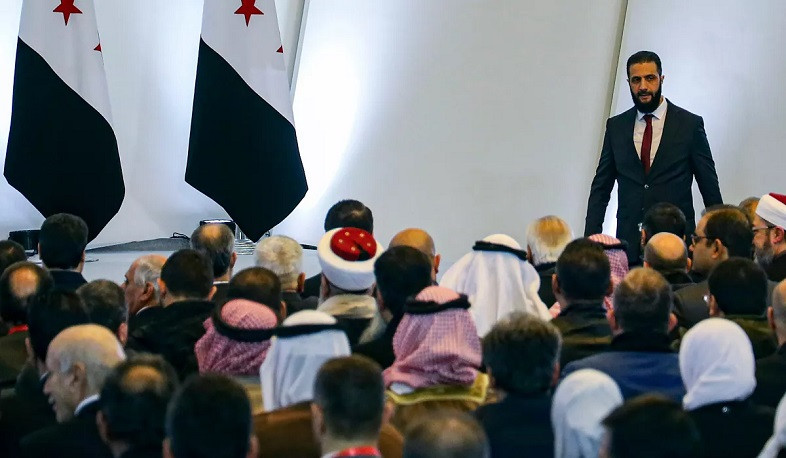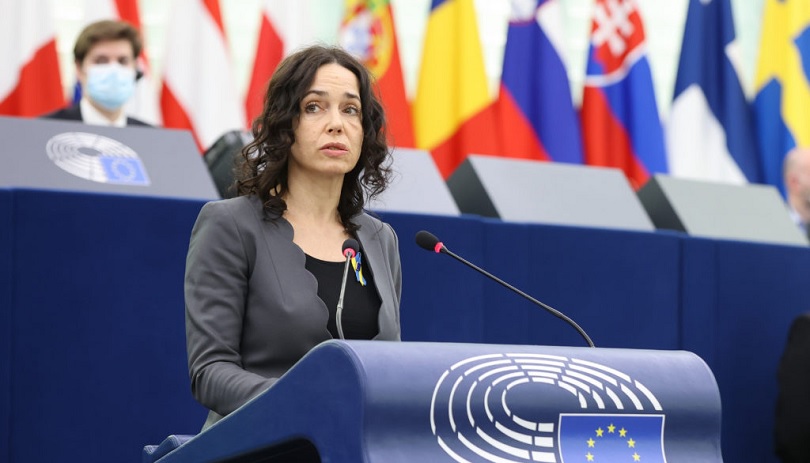British Prime Minister Keir Starmer discussed rapprochement with EU in Berlin

British Prime Minister Keir Starmer discussed rapprochement with EU in Berlin

Britain and Germany’s leaders agreed in Berlin on Wednesday to work on an ambitious treaty covering issues from defence to trade that would be part of a reset of British relations with the European Union, France 24 reports.
Prime Minister Keir Starmer’s trip to the EU’s top powers, Germany and France, aims to help Britain move beyond the previous Conservative government’s fractious relations with European allies. Starmer, who took office last month, has put improved ties at the heart of his efforts to boost Britain’s economic growth.
He billed the new cooperation treaty as a “once-in-a-generation chance to deliver for working people in Britain and in Germany” as it would deepen collaboration in science, technology, business and culture while increasing trade.
Starmer said that growth was his government’s “number one mission”.
“And what we understand clearly is that building relationships with our partners here in Germany and across Europe is vital to achieving it,” he said.
Starmer, addressing a press conference alongside German Chancellor Olaf Scholz, said a reset would not mean reversing Britain’s 2020 exit from the EU under the Conservatives, or re-entering the bloc’s single market or customs union.
“But it does mean a closer relationship on a number of fronts, including the economy, including defence, including exchanges,” he said.
Scholz said Germany wanted to take this outstretched hand. “The United Kingdom has always been an indispensable part of solving the big issues that affect the whole of Europe,” he said. “This has not changed since it left the EU.”
In a joint declaration, Britain and Germany said they hoped to sign the cooperation treaty at government consultations “by early next year”. Defence ministers were also working on a new defence agreement, they said, which would follow the signing of a joint defence declaration in July.
Stephen Hunsaker, a trade researcher at the UK in a Changing Europe think tank, said however that any efforts to properly improve trade would risk encroaching on EU rules and could only happen at the periphery.




